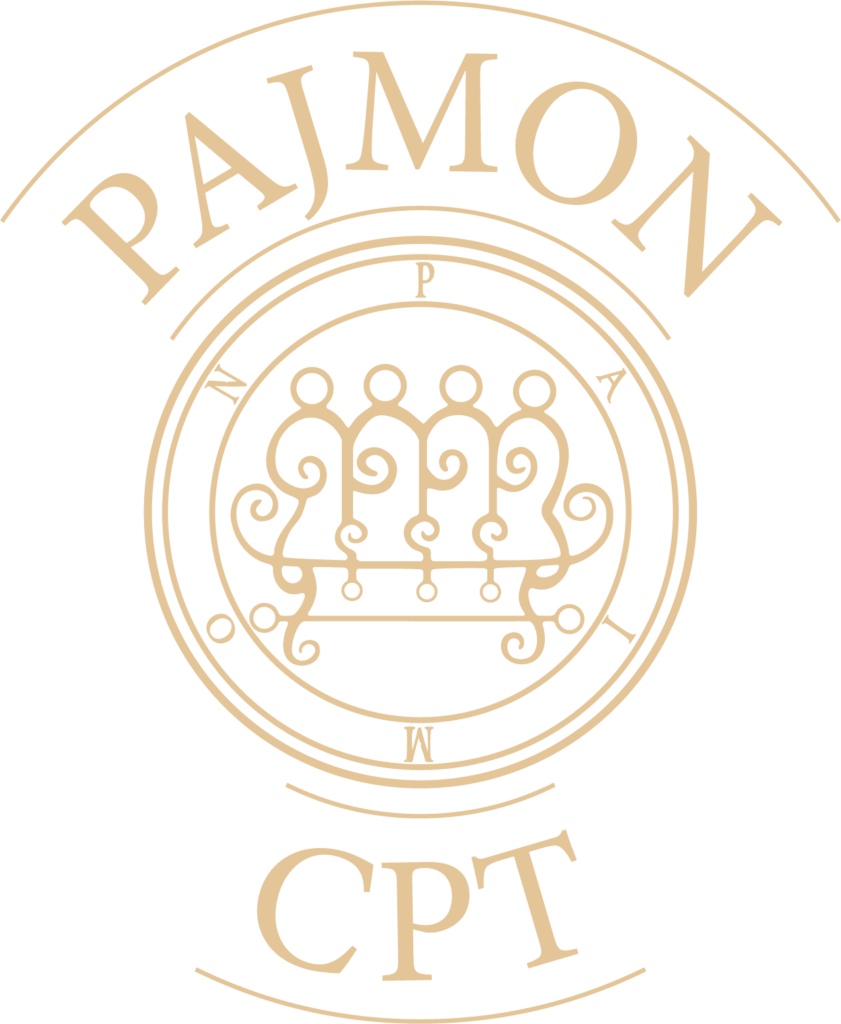NATURE, green space, the sound of waves, gentle stream, the smell of mowed grass… sometimes right next to us, close to the center, and even in the very heart of the city. This “noise”, however, is different, more pleasant, the colors please the eyes. Such an oasis also appeared in Żory, near the Market Square, next to allotments, where in a nearby grove we can see also few tiny feeders, and where a charming house for a hedgehog will soon appear. It is a place that hums, is full of colors, where people live differently, more calmly, at their own pace. This paradise is the Municipal Apiary Bee Bee in Żory at ul. Powstańców 4. There are four white houses here, with unique inhabitants: BEES and bumblebees, our little friends who have a life mission to fulfill, and how important it is! As Albert Einstein once said: “The bee is the basis of life on Earth, and when there are no bees, there is no food for man. If the bees go extinct, mankind will only survive for four more years.” Interestingly, according to Greenpeace Poland: “The global economic value of pollination by bees has been set at 265 million euro per year!”. For some, however, it is still difficult to understand that nearly 85 percent of plants transformed into human food in Europe alone are dependent on the life of these creatures! So let us take care of their welfare and bring to our cities larger populations of bees, which are still dying out at an alarming pace. After all, so little is enough. Let’s sow our flower meadow full of blooming decorative plants, vegetables or herbs rich in nectar and pollen (at the beginning even in a small pot on the balcony). Honey plants are home and food for these wonderful and needed insects. Though everyone benefits from planting flower meadows. Did you know that in just one meadow we can encounter up to 300 species of plants and animals? It’s a complex ecosystem that is living all the time!
Hundreds of kilograms of seeds for the Żory Apiary and Bee Sjesta
Pajmon CPT sp.z o.o. with headquarters in Rybnik has also found its place in the world nearby the Żory Apiary. Employees of this company, mainly from Ukraine, sowed here their flower meadow – 120 square meters of happiness! Even in May of this year a great sow event took place, and believe us, there was a lot to plant. The soil received, among others: 16 kilograms of chamomile seeds, 12 kg of foxglove, 10 kg of shepherd’s purse, 9 kg of common mugwort, 7 kg of field poppy, 8 kg of common tansy and many other plants rich in colors and smells. If the weather is fortunate, we will soon see the first blaze of shades on our flower meadow, from which we will be timidly looked at by, among others:
scarlet pheasant’s eye, white common daisies, blue common chicory, golden-yellow chamomile, orange field marigolds, purple dame’s rocket as well as crimson clover or pink field sainfoins. When all the plants are grown, a colorful “L” – shaped flower carpet will form around the bee houses. The area for the flower meadow was prepared by the company: Usługi Ogrodnicze Fagus Bartosz Bojanowski from Rybnik. The flower meadow is now adjacent to a charming educational trail with an abundance of plants. We can find here such specimens as e.g. rowanberry, daylily, sneezeweed, coneflower, echinacea, speedwell, dense blazing star, stonecrop, butterfly bush, pear tree, Russian sage and hummingbird mint.
We hope that the first plants from the flower meadow will appear at the ceremonial opening of the Municipal Bee Bee Apiary in Żory and will please the eyes of all guests – the event will take place on Saturday, June 19 at ul. Powstańców 4. Bee Sjesta, the Interdisciplinary Ecological Festival full of attractions, starts at 4 pm. We invite everyone, because admission is free, and things are going to happen! Take whole families with you and of course your children! The program of the event, which will be held from 16-19, includes among others: family workshops in the apiary titled The treasures of the beehive, which will be led by Ewa Kolarczyk from the Beekeepers’ Association in Żory (4.30 pm) or classes consisting of sowing honey plants (5.30 pm). During the entire event, all visitors will also be able to see: a bee photo booth, a talking tree, a honey cafe, art and recycling workshops, as well as a chillout zone (with deckchairs). There will also be sales of real honey from Żory’s Circle of Beekeepers, and the youngest will receive colorful surprises!
The main organizers of the inauguration of the apiary in Żory are: Pajmon CPT (https://cpt.pajmon.com.pl/) and the Municipal Cultural Center in Żory. The companies that supported the #PajmondlaPlanety campaign, under which a flower meadow was planted in Żory, include Euromot from Żory and dealer of: Alfa Romeo, Fiat, Fiat Professional and Jeep cars.
Flower fields that alleviate climate change
Flower meadows are a great alternative to cliche lawns, and they can be planted anywhere. They catch on surprisingly well even near noisy roads, on railway tracks, in very degraded places, and what is important – they improve the aesthetics of the area. They are relatively 10 times larger than ordinary lawns. They require far less maintenance than lawns, and the maintenance costs are also much cheaper. The meadows lower the temperature in the city and have an anti-smog function.
– Flower meadows help to store water and are resistant to periodic droughts. As it turns out, many honey plants have at least a dozen times longer roots than ordinary lawns. This means that we really save on watering them. These colorful carpets also grow quickly on their own, do not require fertilization. As a result, soil, environment and air benefit from it. Honey plants are recommended in places that fight smog – they catch micro-dust and other types of pollution, and also lower the air temperature. Flower meadows are a treasure that we can have right next to us, in our city, close to our own home – says Katarzyna Śleziona-Kołek, Marketing and PR Director of Pajmon CPT, the main sponsor of Bee Sjesta in Żory.
Did you know that 1 square meter of a flower meadow absorbs about 3 g of pollutants? It is the same amount as one small tree. Climate change is progressing, and every day, we humans add a pebble to the destruction of our Blue Planet … However, we can do something small, for a good start and, for example, sow our own honey plants to initiate a new, good trend: ecology, social responsibility, for a clean future for our children and grandchildren. Remember that flower meadows lessen the local effects of climate change!





